Best business antivirus
To help you find the ideal antivirus platform for your company, we analyzed some of the best business antivirus platforms of today

Rory Bathgate
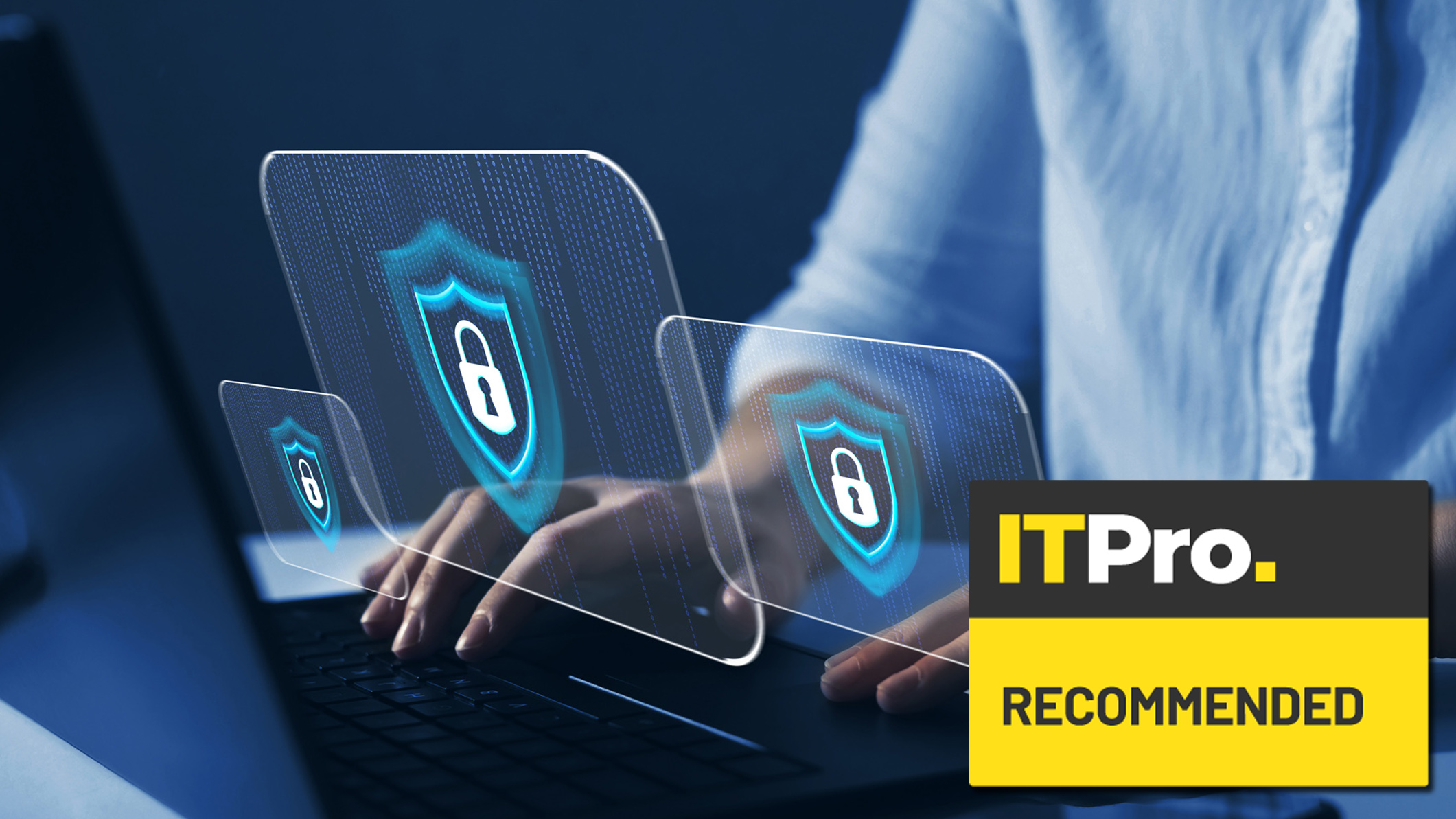
Sign up today and you will receive a free copy of our Future Focus 2025 report - the leading guidance on AI, cybersecurity and other IT challenges as per 700+ senior executives
You are now subscribed
Your newsletter sign-up was successful
Though we might not all use antivirus software in our personal lives, with many of us placing trust in the basic, free threat detection tools that come with our desktop and mobile devices, this should not be the case for businesses.
Every organization needs a comprehensive antivirus strategy, and for most, this means investing in a trustworthy and effective antivirus software solution.
But knowing where to start and what features to look for in antivirus software can be far from simple. For some small businesses, a step above the free tier will provide sufficient protection until they expand further – others will be looking for more comprehensive capabilities, including mobile device protection and targeted scans for ransomware.
How to choose antivirus software
The first consideration for any business leader adopting antivirus software should be the scale of the workforce they're looking to protect. This will have implications on cost – antivirus plans tend to charge on a per-user, per-year basis – as well as the kind of threats they could be facing.
For example, a business with 200 or more employees might find better value for money in spending more up-front on enterprise-grade antivirus software that comes with a level of onboarding support and active vulnerability scans, to cover their expanding attack surface as well as provide each and every worker with tailored threat protection.
Another deciding factor is how many IT workers an organization has and the scale of the cybersecurity team – if it has one at all. No antivirus software can entirely replace human oversight, but the best solutions can help with tasks such as automatic patch management, inbox protection, and flagging phishing campaigns, which can have a profound impact on the overall security of an organization.
The operating system
Leaders also need to consider which operating systems they're catering to, across their workforce. This may seem like a simple consideration but it can be easy to get confused about which software is compatible on what operating system (unless you have our article to hand). In general, users of macOS and Windows will have access to a very wide range of antivirus options, as by and large the major developers create apps for these operating systems as standard.
Linux users can have a tricker time, as not all software is designed to run on the operating system natively. In most cases it can still be run using additional tools or third-party software, though this is far from the easiest solution for less technical businesses or enterprises looking for centralized, managed security software.
Future-proofing
Finally, the best antivirus software comes with the promise of future updates and continuous improvements to detection capabilities that give businesses an edge over would-be attackers. IT leaders on the lookout for their optimal antivirus solutions might be won over by integrated AI features that help contextualize threats for workers, for example, or by advanced remediation capabilities that shore up defenses against ransomware or data wipers in the long-term.
What is the best business antivirus software?
Bitdefender Ultimate Small Business Security
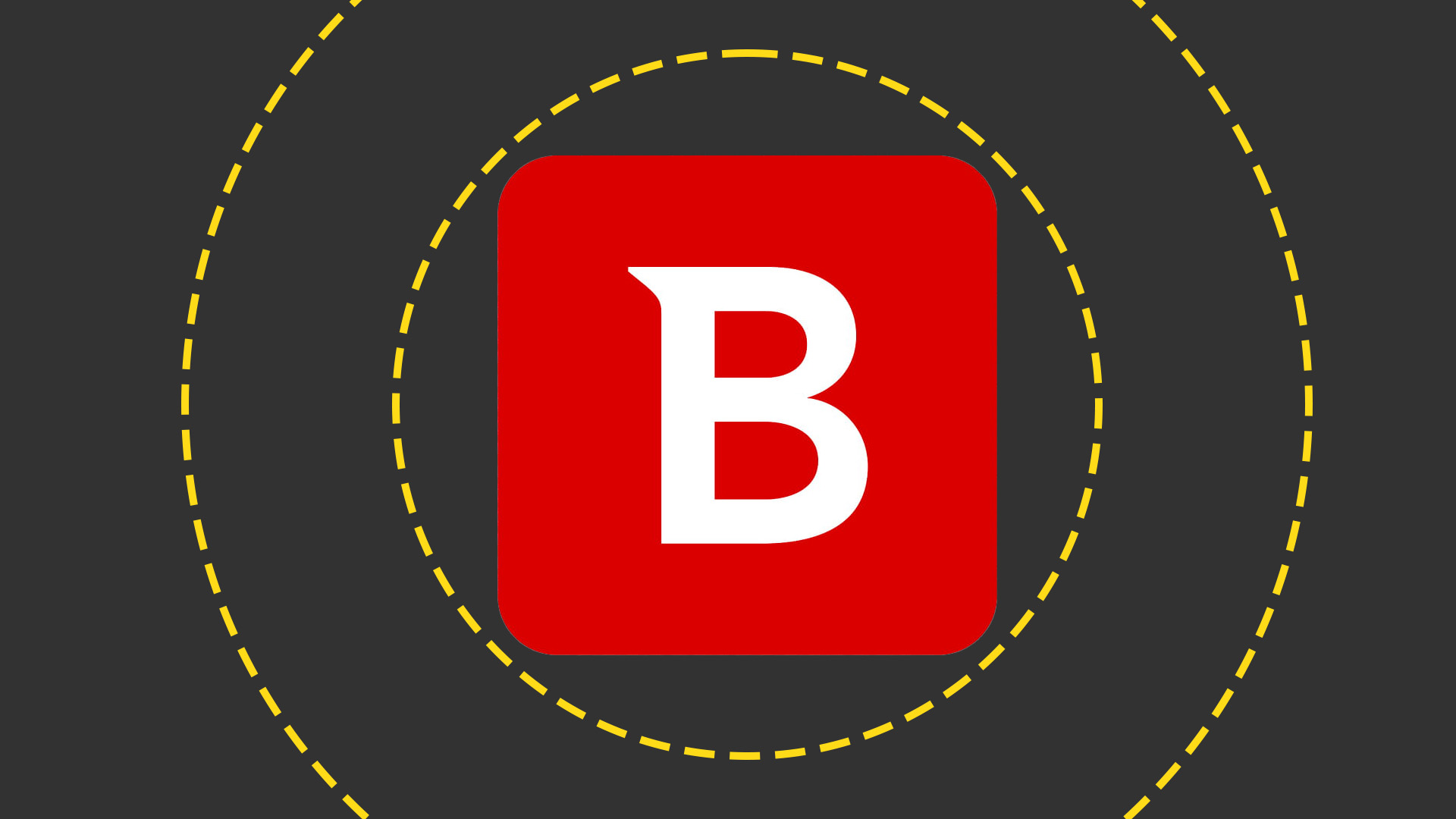
Bitdefender is an established name in the security space by now and this entry-level business security suite is a capable option for any small business looking to extent protection across its workforce. For a $799.99 annual fee it covers up to 25 users, with two devices allocated per user.
Of course, the most important stat here is the independent antivirus test scores: for which BitDefender scored an impressive full marks. Another notable feature of BitDefender is that it can protect mobile devices as well as desktops, with support for iOS and Android operating systems.
In October 2024, BitDefender added a new AI-powered feature called Scam Copilot, which flags phishing threats and malicious URLs.
The only thing lacking when it comes to Bitdefender Ultimate Small Business Security is policy or identity-based access and management controls. That said, the tool trades these more manual features for a centralized dashboard in the name of better and easier user experience – a potential benefit for small businesses.
Microsoft Defender for Business
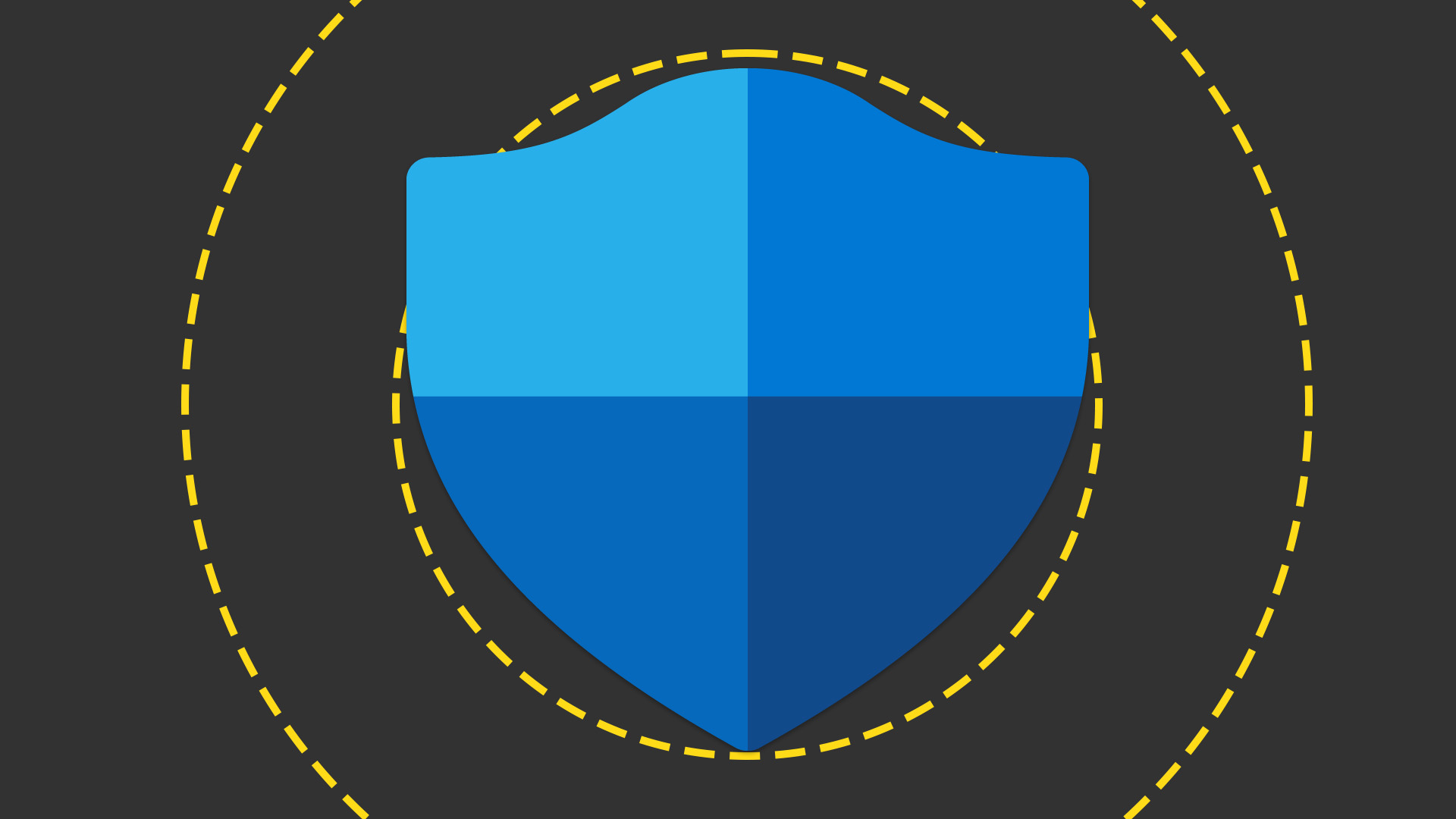
Microsoft Defender can seem like the non-choice option for antivirus software, as its most basic version comes as standard on every Windows device. But it's a capable offering, and this paid version for businesses – available at $3 per user, per month – includes support enterprise-grade security for up to 300 users.
A clear downside to relying on Windows Defender for Business is that it's not easily available on macOS, so it's best suited to businesses that are Windows shops. Those who adopt it can benefit from AI-powered endpoint detection, vulnerability management, and monthly threat summaries tailored to their business.
Like other options on this list, Microsoft Defender for Business achieved a perfect 100% in AV-Test.org's antivirus tests, proving its competitiveness with third-party options.
Avast Business Security
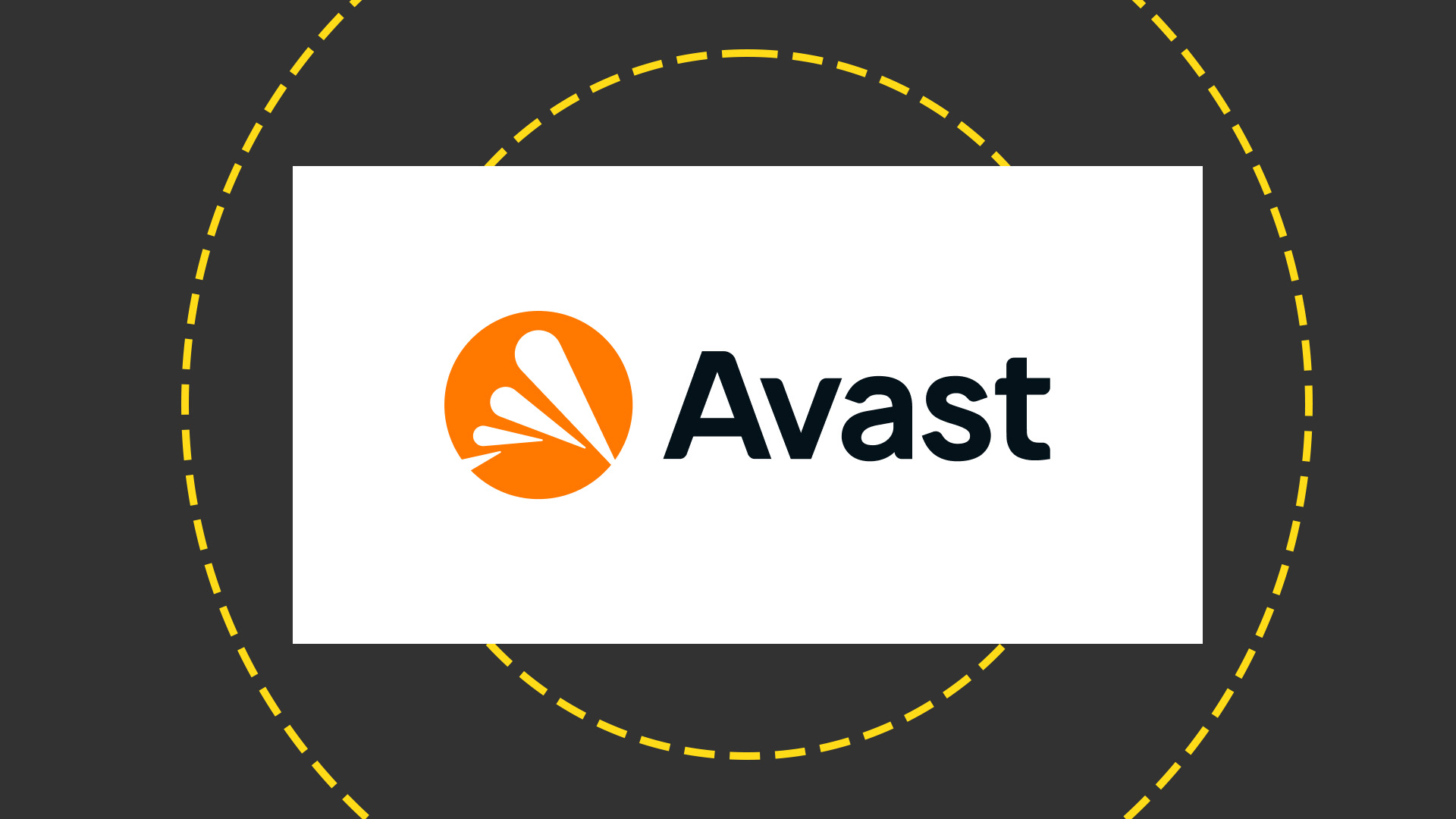
Avast Business Seurity is a more comprehensive antivirus solution available in a range of tiers depending on your business needs. While all three packages include its 100% protection rate threat detection, and advanced ransomware protection, the more
The Essential plan costs $31.37 per device, per year, while the Premium and Ultimate plans bump this to $39.85 and $48.33, respectively.
For the extra money, subscribers on the Premium package can filter employee web traffic and block unrecognized USB devices from connecting to network endpoints. The Ultimate tier comes with automatic patch management to prevent attackers exploiting overlooked software vulnerabilities.
Whether you go for the simplest or most expensive Avast offering, this is a comprehensive security package with strong business credentials.
Eset Protect
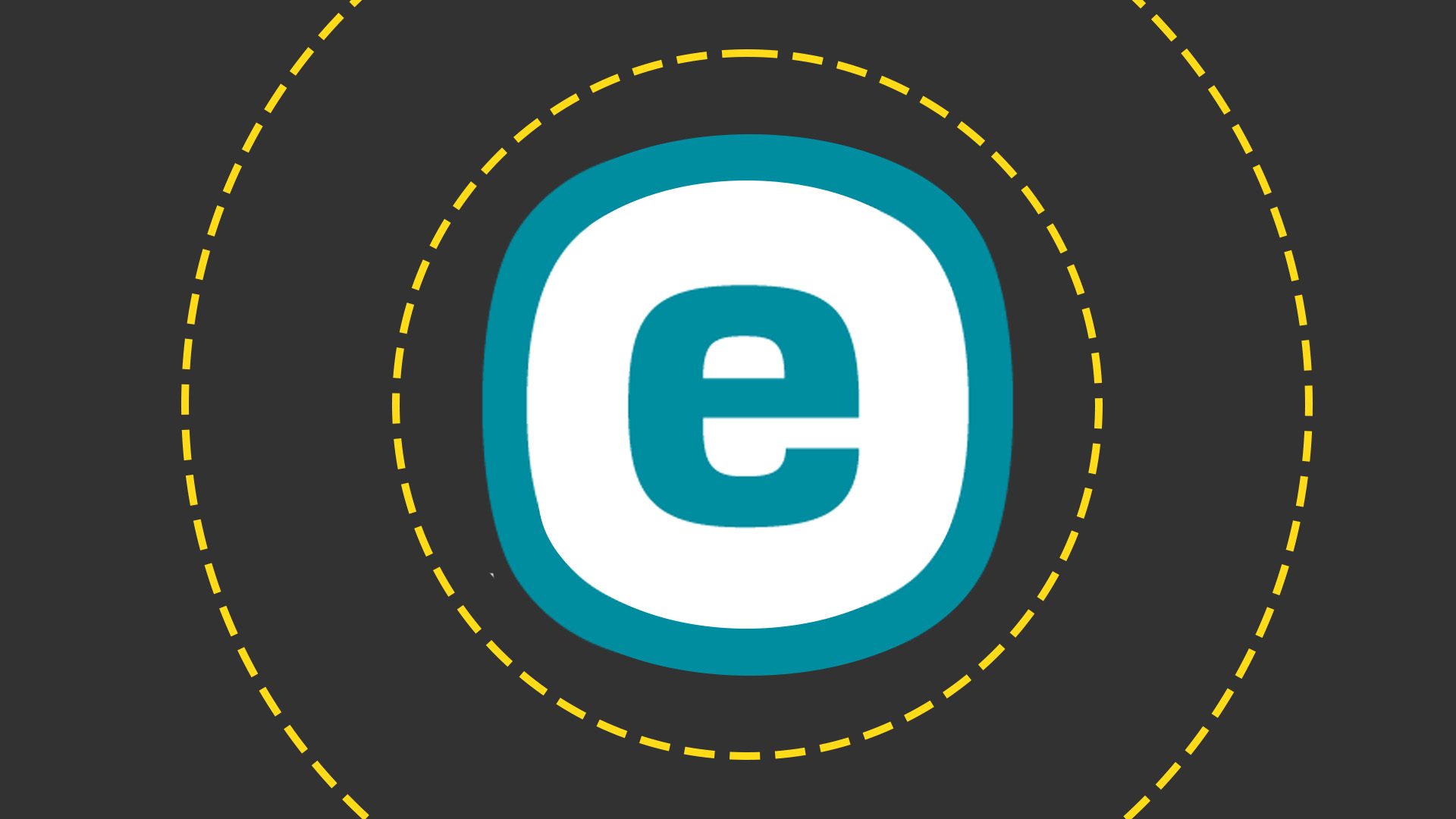
Eset Protect is another product available in a range of paid tiers, known as Entry, Advanced, and Complete. These are available at $211 per five devices per year for Entry, compared with $275 and $287, respectively, for the others.
Eset stands out in our list in its native support for Linux, alongside Windows, macOS, which could be a big bonus for businesses looking to cover a workforce spread out across multiple devices and operating systems. Advanced and Complete customers can also protect Android, and iOS devices.
All of its features, including endpoint and server security are from a centralized console. Advanced customers get access to advanced protection against ransomware and novel threats, as well as disk encryption, while Complete customers unlock mail server security, vulnerability and patch management, and cloud app protection.
Across independent tests, Eset's antivirus software scored protection ratings between 99.1% and 100%. A potential downside of the software is its price, higher than competitors, and the fact that advanced features like multi-factor authentication (MFA) and premium support are only accessible via additional paid modules. But for those looking to go further than entry-level options, it's a strong contender.
Sign up today and you will receive a free copy of our Future Focus 2025 report - the leading guidance on AI, cybersecurity and other IT challenges as per 700+ senior executives
Darien began his IT career in the 1990s as a systems engineer, later becoming an IT project manager. His formative experiences included upgrading a major multinational from token-ring networking to Ethernet, and migrating a travelling sales force from Windows 3.1 to Windows 95.
He subsequently spent some years acting as a one-man IT department for a small publishing company, before moving into journalism himself. He is now a regular contributor to IT Pro, specialising in networking and security, and serves as associate editor of PC Pro magazine with particular responsibility for business reviews and features.
You can email Darien at darien@pcpro.co.uk, or follow him on Twitter at @dariengs.
- Rory BathgateFeatures and Multimedia Editor
-
 Anthropic reveals Claude Opus 4.6, its new enterprise-focused model
Anthropic reveals Claude Opus 4.6, its new enterprise-focused modelNews The AI developer highlighted financial and legal tasks, as well as agent tool use, as particular strengths for the new model
-
 AI-generated code is fast becoming the biggest enterprise security risk
AI-generated code is fast becoming the biggest enterprise security riskNews Security teams are scrambling to catch AI-generated flaws that appear correct before disaster strikes
